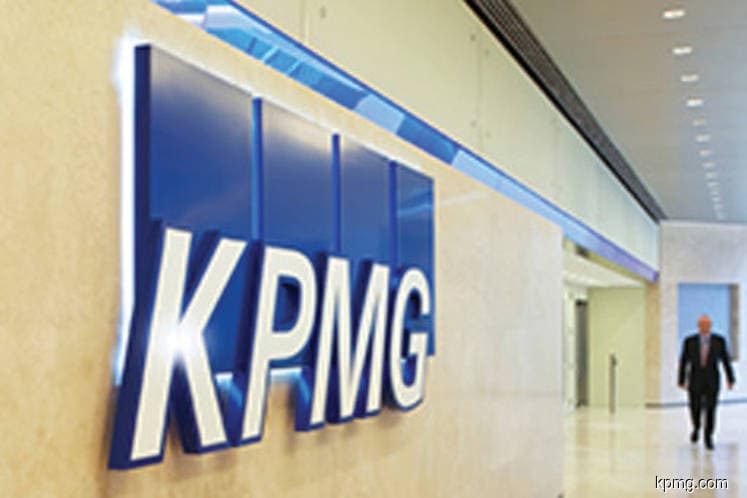
This article first appeared in The Edge Financial Daily on June 12, 2018
KUALA LUMPUR: The sales and services tax (SST) is considered less painful to the consumers.
Datuk Tan Sim Kiat, adviser of indirect tax at KPMG Tax Services Sdn Bhd, said the SST is a simple, easy and straightforward taxation concept with a single-stage tax applicable to the manufacturers that will put a lighter burden on consumers. However, goods and services tax (GST) involves multiple stages ranging from the manufacturers, wholesalers, retailers and consumers.
“So, with that (SST) in place, the rakyat will have more spending power because there would not be any SST at the retail stage, the tax is only at the manufacturer level. Hence, the impact on the consumers is normally so much less with this single-stage tax,” Tan told a media briefing after a KPMG event entitled “Tax Talk: GST at 0% — Have you got it right?” yesterday.
Last year, the government collected about RM44 billion from GST. Tan expects the government to see a revenue shortfall after the implementation of the zero-rated GST.
“We would not know what will be the expected revenue collection from SST because you will also need to see the threshold and how many people will be registered under this SST.
“But generally it (the revenue) will be much lower because the scope for the SST is very limited and it is single-stage not like GST which is broad with multiple stages,” Tan said.
The government is expected to collect RM30 billion from SST once implemented fully, according to the head of the Council of Eminent Persons Tun Daim Zainuddin.
Further, with the immediate upliftment in consumer spending, Tan foresees business earnings and the country's economy to increase as well with the higher demand from consumers.
“There will be higher demand so in that way it will spur the businesses to do more business and it will create a multiplier effect on our economy. I believe there will be lots of businesses which will be generating better volume and earnings,” he added.
When asked whether there will be higher prices for goods due to the implementation of SST, KPMG’s executive director for indirect tax Ng Sue Lynn said Price Control and Anti-Profiteering (Mechanism to Determine Unreasonably High Profit) — Regulations 2018 (PCAP Regulations 2018) will come into place to ensure that there will not be price increases when SST is implemented.
“They (government) recently introduced the PCAP Regulations 2018 with the intention to make sure that when SST comes
back, the prices will not increase drastically. The price control mechanism is also to make sure that the retailers would not mark up unreasonable high profit,” she said.
The PCAP Regulations 2018 revokes the earlier PCAP (Mechanism to Determine Unreasonably High Profit for Goods) Regulations 2016, which sought only to regulate certain classes of goods which are food and beverages and household goods.
With immediate effect from last Wednesday, the PCAP Regulations 2018 will apply to all goods and services sold or offered for sale and for supply, Ng added.